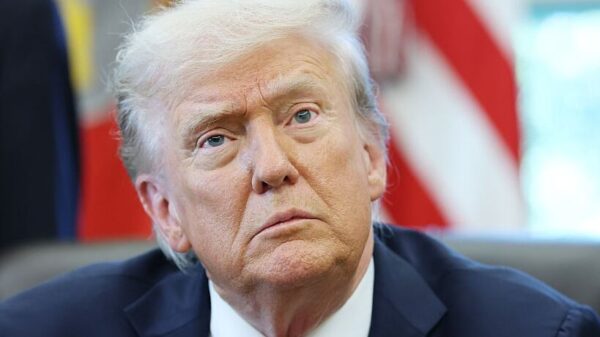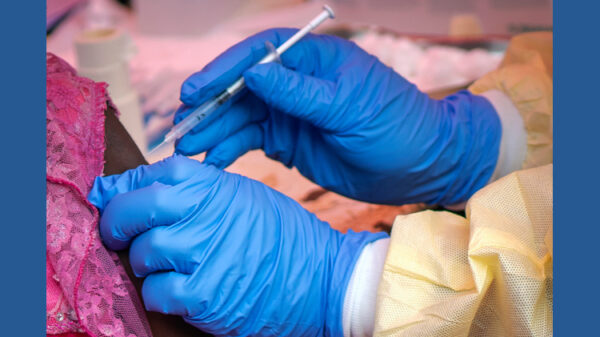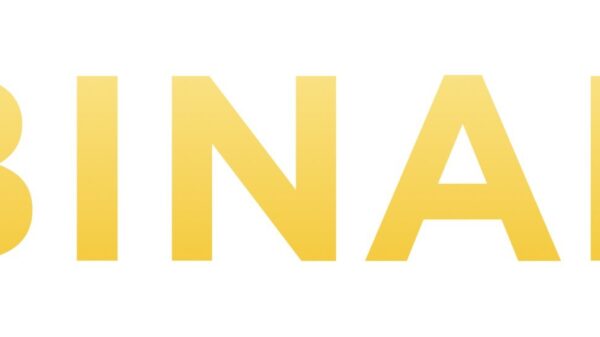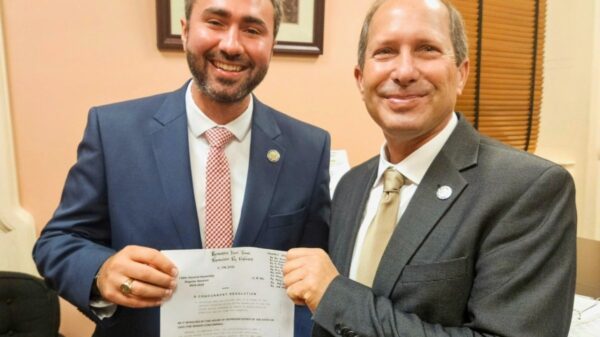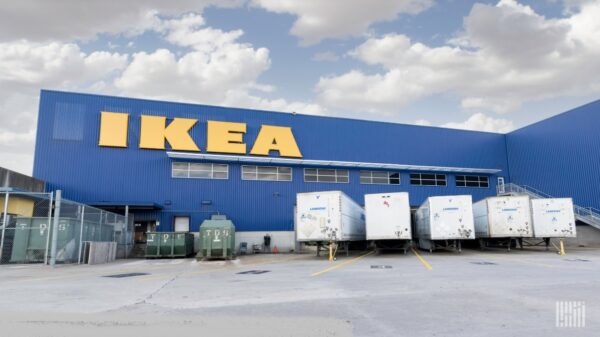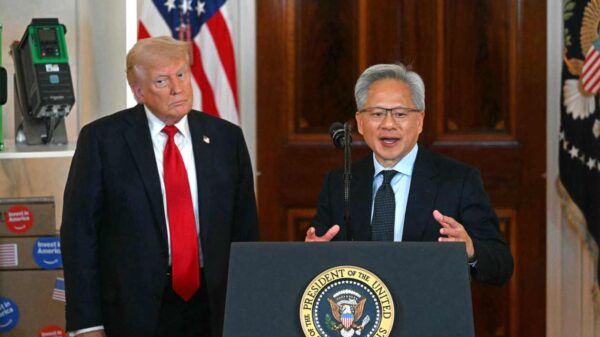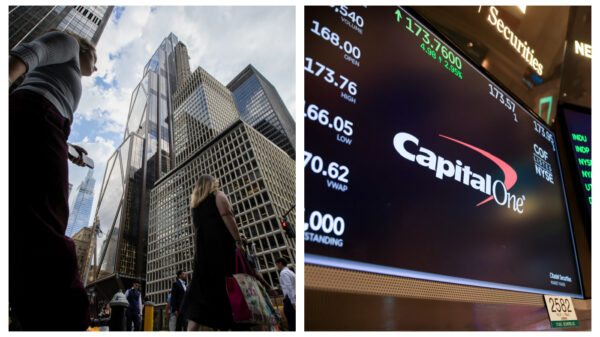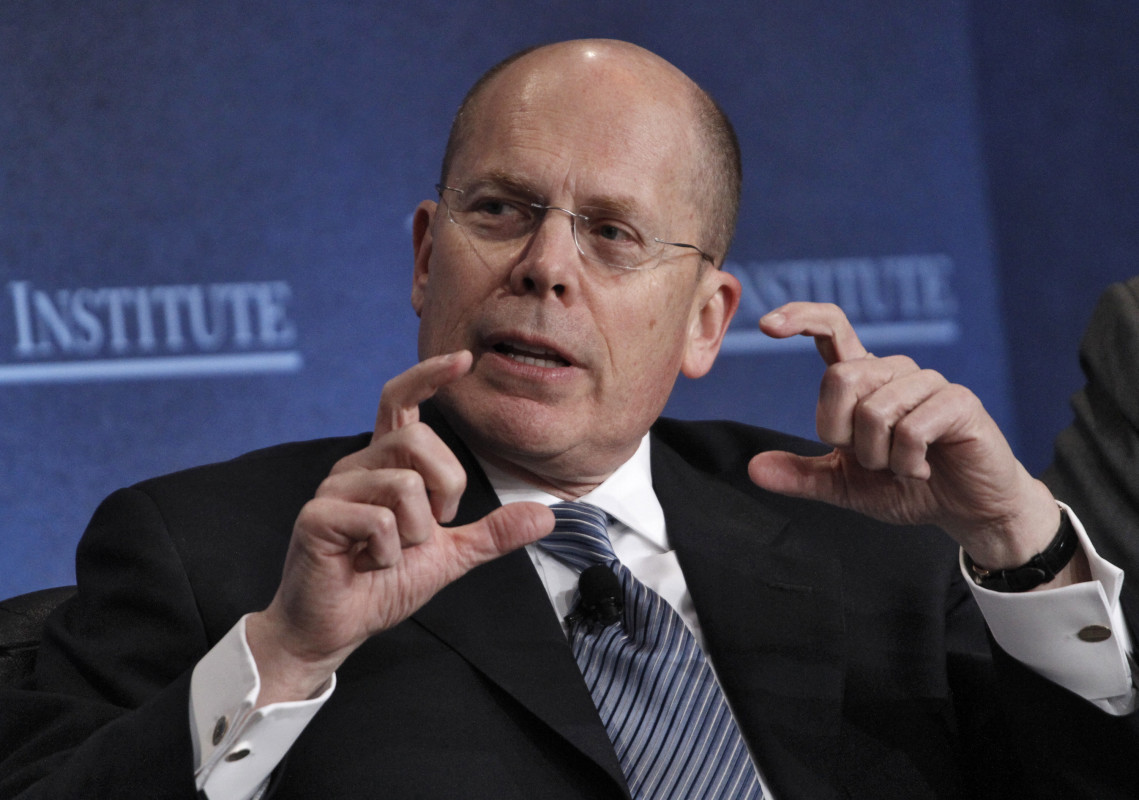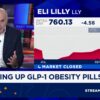UPDATE: UnitedHealth’s (UNH) unexpected financial maneuver is sending shockwaves through Wall Street just as the company grapples with a tumultuous year marked by sliding sales and a significant profit cut. Recent reports reveal that UnitedHealth has quietly generated $3.3 billion by selling stakes in several business units in a move that may rescue its long-standing earnings streak.
This development comes after a series of alarming setbacks for the medical insurance giant, including a 40% decline in stock value year-to-date and a federal investigation into its Medicare Advantage billing practices. Investors are on edge as CEO Stephen Hemsley attempts to restore confidence in a company facing rising costs and regulatory scrutiny.
Earlier this year, UnitedHealth warned stakeholders of increasing medical costs, predicting a medical care ratio exceeding 86%, compared to the 85% anticipated by analysts. In April, the firm shocked the market by slashing its full-year profit forecast from approximately $30 per share to a new range of $26 to $26.50, citing unforeseen service and care costs. This marked the steepest guidance cut since the early days of the pandemic.
As if that wasn’t enough, in May, the Justice Department launched a criminal investigation into the company’s practices, raising serious questions about potential fraud related to its Medicare coding systems. The investigation has further strained investor confidence, leading to a staggering 46% drop in stock price over the past six months.
In a desperate bid to appease Wall Street, UnitedHealth employed an accounting strategy that has raised eyebrows among financial analysts. Reports from Bloomberg suggest that the company sold stakes in its business units to investment firms like Warburg Pincus and KKR, securing a profit of $3.3 billion. However, these transactions were not typical divestitures; they included buyback clauses allowing UnitedHealth to repurchase the same assets at elevated prices in the future.
Insiders indicate that UnitedHealth aimed to finalize these transactions by December 31, explicitly requesting confidentiality to avoid public scrutiny. This secrecy has led to speculation regarding the motives behind these moves, suggesting possible efforts to mask financial instability.
In January, UnitedHealth narrowly beat Q4 earnings expectations, surpassing forecasts by just seven cents. However, the rising medical care ratio indicated increasing healthcare expenses, raising doubts about the firm’s financial health. The company only briefly mentioned the $3.3 billion gain without disclosing the assets involved or how profits were recorded.
Analysts warn that UnitedHealth may have faced its first earnings miss in over 15 years if not for this last-minute financial engineering. The company has been no stranger to controversy, previously embroiled in allegations of profit-padding and under scrutiny from the Justice Department for potentially inflating Medicare Advantage reimbursements.
The implications of UnitedHealth’s actions are far-reaching. As the healthcare landscape continues to shift, stakeholders are left wondering whether the company can recover from these setbacks and rebuild trust with investors. Given the current climate, all eyes are on UnitedHealth as it navigates these turbulent waters.
What happens next? Investors and analysts will be closely watching for further updates from UnitedHealth, especially regarding the outcome of the Justice Department’s investigation and any future earnings reports. The company’s ability to stabilize its operations and reassure stakeholders will be critical in the coming weeks.




